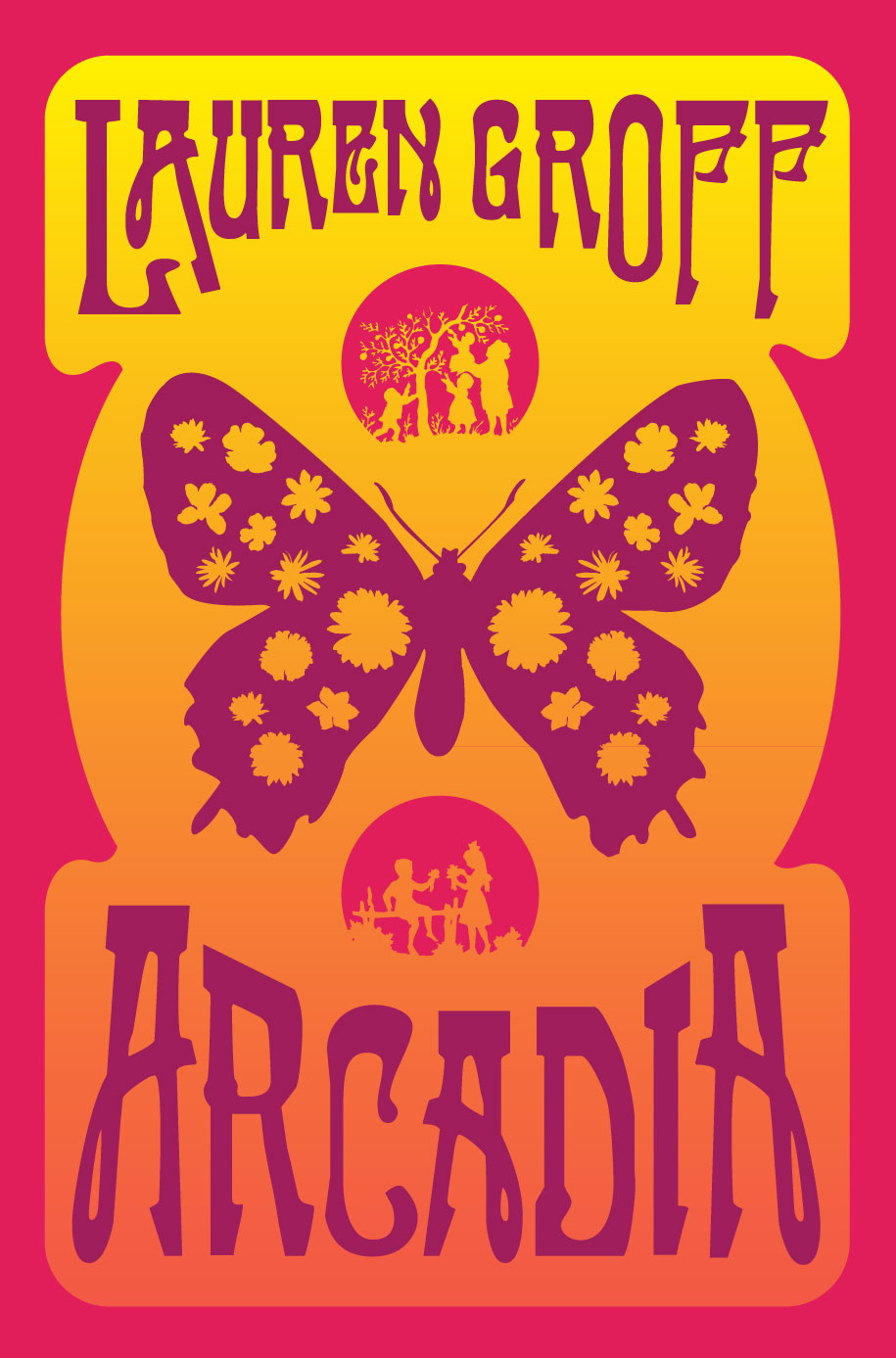Arcadia

Category
BookAbout This Project
Richly peopled and ambitious and oh, so lovely, Lauren Groff’s Arcadia is one of the most moving and satisfying novels I’ve read in a long time. It’s not possible to write any better without showing off.
—RICHARD RUSSO Pulitzer Prize-winning author of EMPIRE FALLS
Finalist for the Los Angeles Times Book Award
In the fields and forests of western New York State in the late 1960s, several dozen idealists set out to live off the land, founding what becomes a famous commune centered on the grounds of a decaying mansion called Arcadia House. Arcadia follows this lyrical, rollicking, tragic, and exquisite utopian dream from its hopeful start through its heyday and beyond.
Buy on Amazon Buy on BN.com Buy at Books-A-Million Buy at iBooks Buy at Indiebound
Published 2011 ISBN-10: 1401340873 ISBN-13: 978-1401340872
Reviews and Praise
Part Stone Diaries, part Lord of the Flies, part something out of a Shakespearean tragedy, Lauren Groff’s Arcadia is so uniquely absorbing that you finish it as if waking from a dream. Groff is one of our most talented writers, and Arcadia one of the most revelatory, magical, and ambitious novels I’ve read in years.
—KATE WALBERT author of the New York Times bestselling novel A SHORT HISTORY OF WOMEN
“A Sixties commune going to seed, its utopian dream foundering, and a boy born there who must eventually rough it in the real world. That story has been told before, but a quick glance persuades me that Groff has made it wholly hers. Refusing to deck out her narrative in period tie-dye, Groff uses language at once nuanced, pointed, and gorgeous to vivify her setting—a tumble-down mansion in western New York called Arcadia House—and the trials of her protagonist. “They can wound, stories, they can blister”: that’s as true here as it was in Groff’s masterly debut, The Monsters of Templeton. But Groff is no gleeful monster here; dreams do die, but she doesn’t slay them meanly. Ambrosia for books clubs; consider multiples.” — LIBRARY JOURNAL Barbara’s Picks
Groff’s dark, lyrical examination of life on a commune follows Bit, aka Little Bit, aka Ridley Sorrel Stone, born in the late ’60s in a spot that will become Arcadia, a utopian community his parents help to form. Despite their idealistic goals, the family’s attempts at sustainability bring hunger, cold, illness, and injury. Bit’s vibrant mother retreats into herself each winter; caring for the community literally breaks his father’s back. The small, sensitive child whose purposeful lack of speech is sometimes mistaken for slowness finds comfort in Grimms’ fairy tales and is lost in the outside world once Arcadia’s increasingly entitled spiritual leader falls from grace and the community crumbles. Split between utopia and its aftermath, the book’s second half tracks the ways in which Bit, now an adult (he’s 50 when this all ends, in 2018), has been shaped by Arcadia; a career in photography was the perfect choice for a man who 'watches life from a good distance.' Bit’s painful experiences as a husband, father, and son grow more harrowing as humanity becomes increasingly imperiled. The effective juxtaposition of past and future and Groff’s (Delicate Edible Birds) beautiful prose make this an unforgettable read.
–PUBLISHERS WEEKLY (Starred Review)
“An astonishing novel, both in ambition and achievement, filled with revelations that appear inevitable in retrospect, amid the cycle of life and death.
As a follow-up to Groff’s well-received debut (The Monsters of Templeton, 2008), this novel is a structural conundrum, ending in a very different place than it begins while returning full circle. At the outset, it appears to be a novel of the Utopian, communal 1960s, of a charismatic leader, possibly a charlatan, and an Arcadia that grows according to his belief that “the Universe will provide.” It concludes a half-century later in a futuristic apocalypse of worldwide plague and quarantine. To reveal too much of what transpires in between would undermine the reader’s rich experience of discovery: “The page of a book can stay cohesive in the eyes: one sentence can lead to the next. He can crack a paragraph and eat it. Now a story. Now a novel, one full life enclosed in covers.” The “he” is Bit Stone, introduced as a 5-year-old child of that commune, and it is his life that is enclosed in these covers. Following a brief prologue, representing a pre-natal memory, the novel comprises four parts, with leaps of a decade or more between them, leaving memory and conjecture to fill in the blanks. At an exhibition of Bit’s photography, a passion since his childhood (documented in some shots), those who had known him all his life realized, “What they found most moving, they told him later, were the blanks between the frames, the leaps that happened invisibly between the then and the now.” The cumulative impact of this novel is similar, as the boy leaps from the commune and subsequently his parents, becomes a parent himself, deals with the decline of his parents and finds his perspective both constant and constantly changing: “He can’t understand what the once-upon-a-time Bit is saying to the current version of himself or to the one who will stand here in the future…worn a little more by time and loss.”
A novel of “the invisible tissue of civilization,” of “community or freedom,” and of the precious fragility of lives in the balance.
—KIRKUS (Starred Review)
Lauren Groff’s Arcadia is so perfectly rendered that I knew every stone, every tree. Arcadia feels true, as do the characters who populate this extraordinary novel, which lingers on passing moments in time and highlights the importance of place in preserving not only our memories, but also ourselves.
–HANNAH TINTI New York Times bestselling author of THE GOOD THIEF.
“This beautifully crafted novel follows Bit Stone, the first child to be born in the late 1960s on an upstate New York commune called Arcadia, from childhood through the year 2018. An introspective youngster who can often go months without speaking, Bit “watches life from a distance.” He can see how hard his parents work to make Arcadia successful, but he can also see that the self-indulgent commune leader frequently fails to live up to his own ideals. As the backbreaking work, continual poverty, and nearconstant hunger work to undermine the once-flourishing sense of community, Bit’s family leaves the commune to make their way in the outside world. Bit becomes a photographer and teacher but is always anchored to the place of his childhood, even marrying the emotionally damaged daughter of Arcadia’s guru, but happiness proves elusive, both for him and for the greater world, as a flu pandemic sweeps the globe. Groff’s second novel, after the well-received The Monsters of Templeton (2008), gives full rein to her formidable descriptive powers, as she summons both the beauty of striving for perfection and the inevitable devastation of failing so miserably to achieve it.”
-BOOKLIST (Starred Review)

